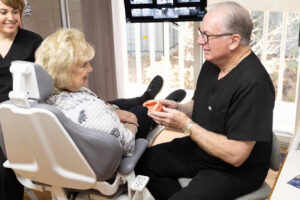Does Your Smile Need Restoring?
If your teeth have been compromised in some way, you may benefit from restorative dentistry. From tooth decay, lost restorations, or broken teeth, our goal is to offer you a variety of options to improve the health and look of your smile.
Restorative Dentistry
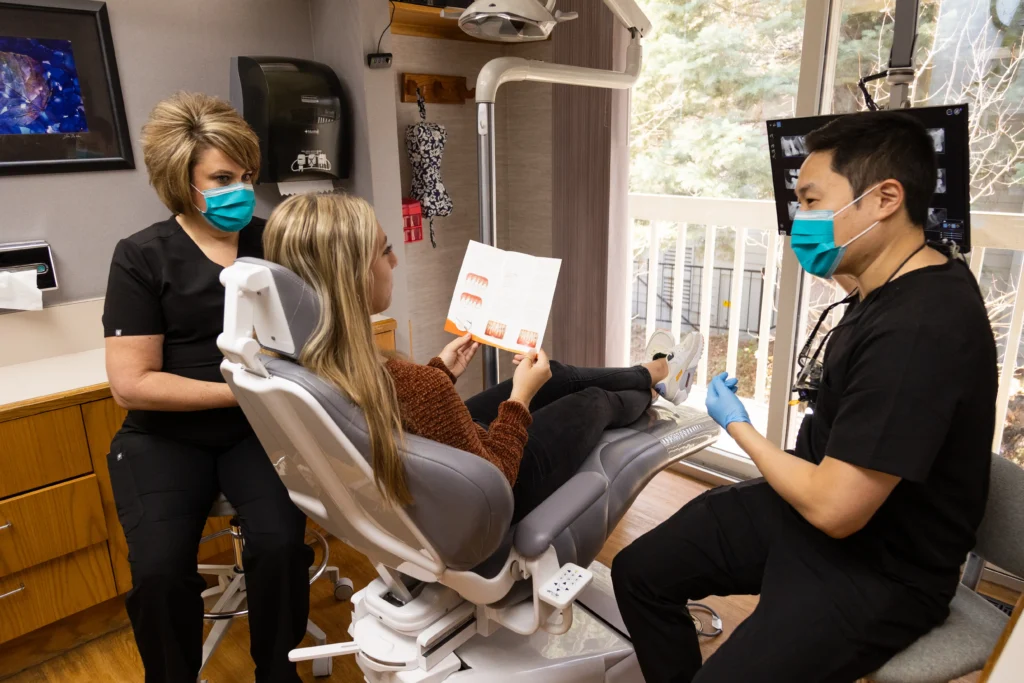
All-on-4 Dental Implants
We strategically place planned All-on-4 implants to keep your dentures in place.
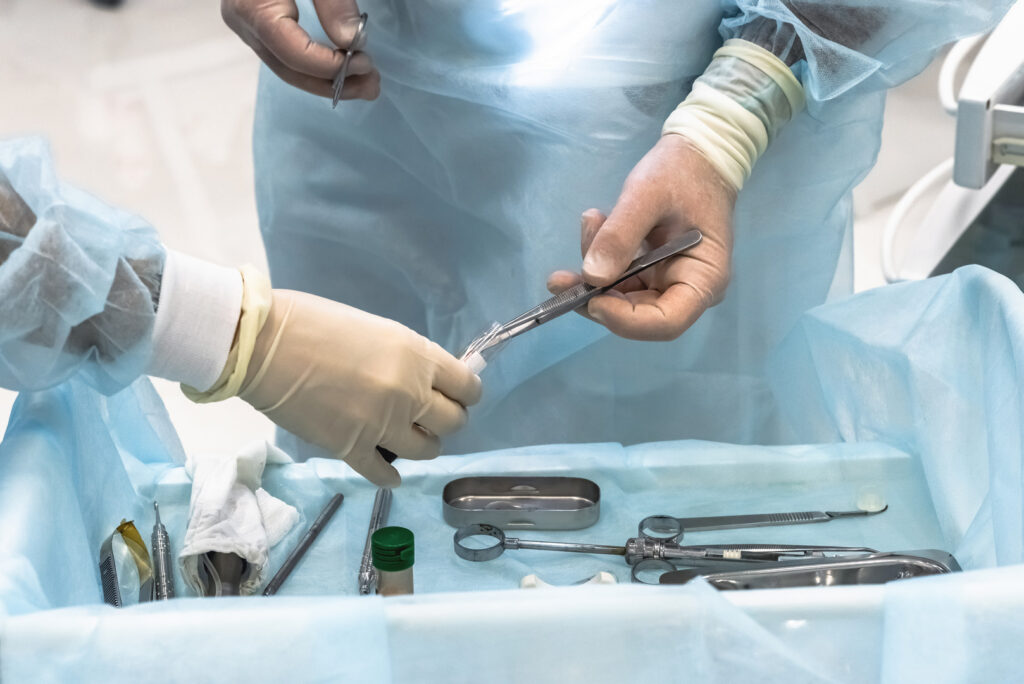
Bone Grafting
Bone grafting is a surgical procedure that is essential for patients who have areas of bone loss around the jaw.
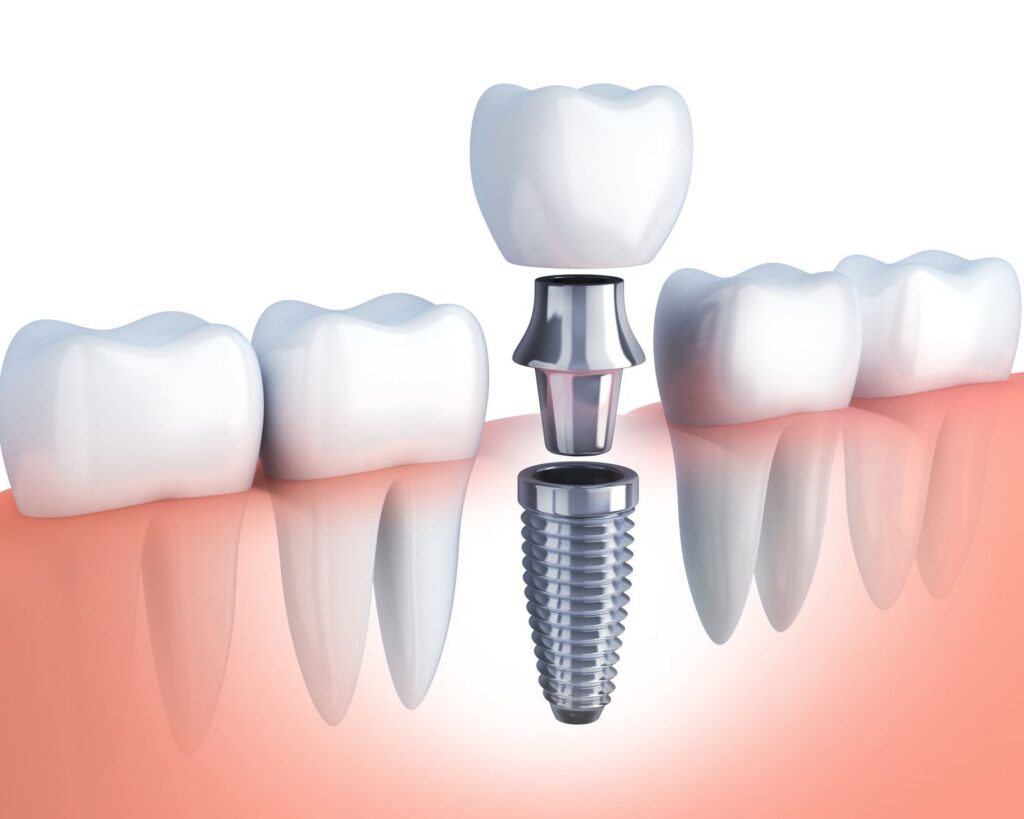
Crown/Bridge Lab
We offer patients the convenience of an in-house crown and bridge lab for fast restorations.
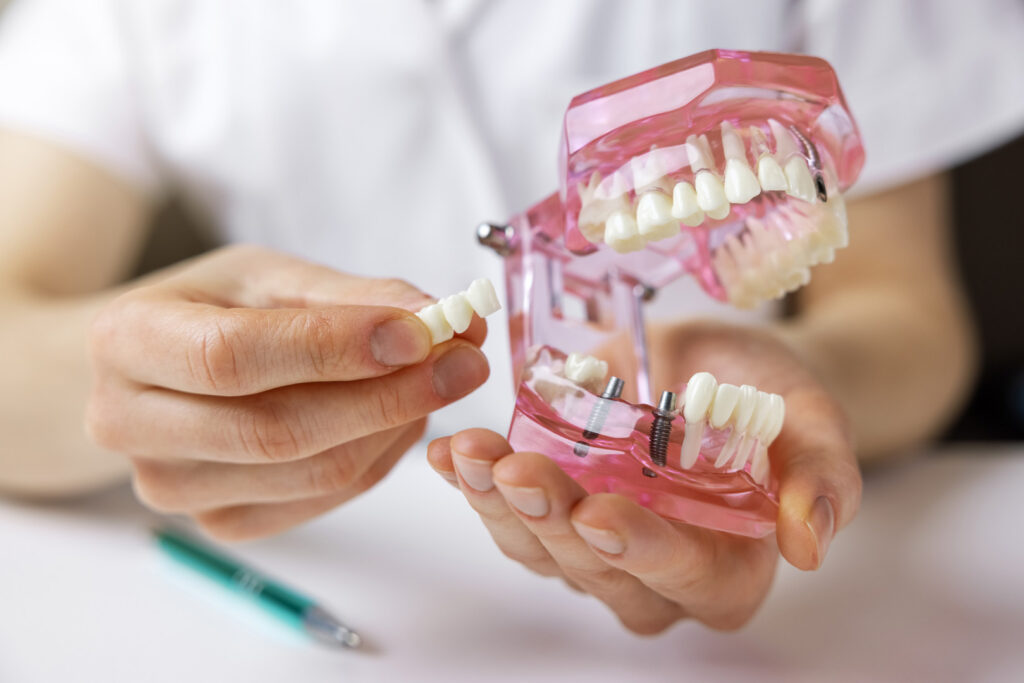
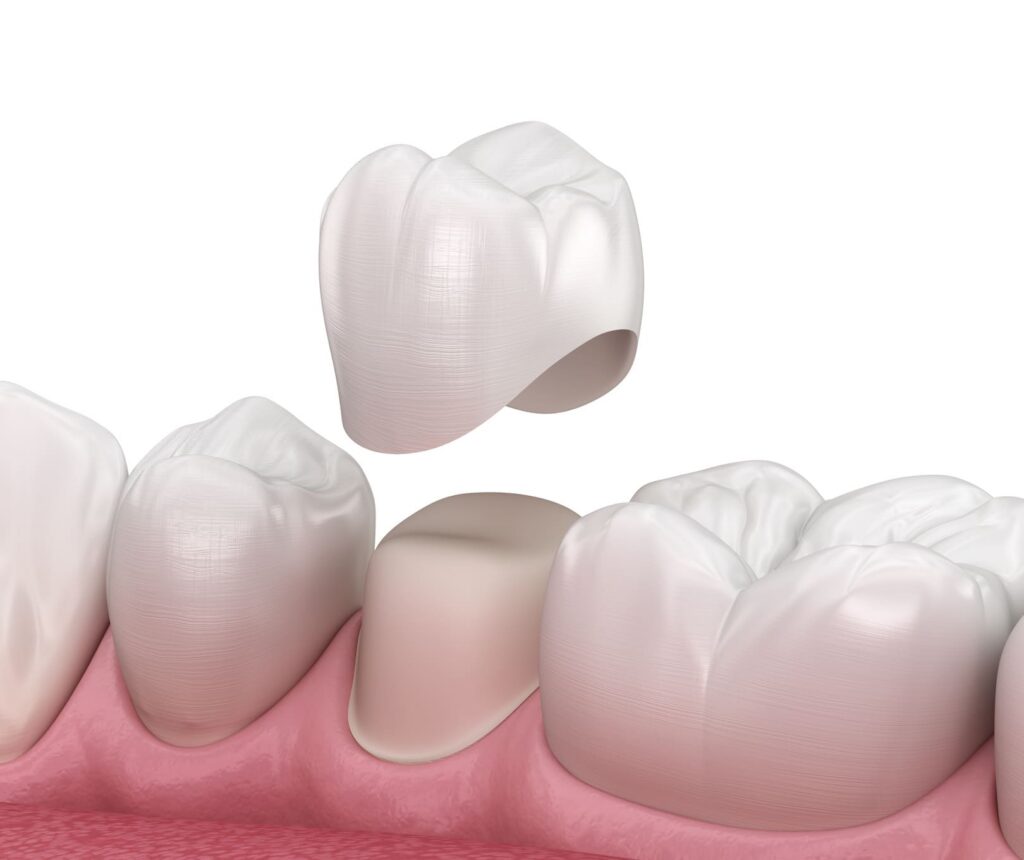

Dental Implants
Dental implants are a permanent solution for patients seeking that perfect white smile.

Full & Partial Dentures
We offer both dentures and partials to help transform your entire smile.

Full Mouth Reconstruction
If you have broken, painful, or worn-down teeth, we have a solution…

Gum Grafting
We’ll give you back a healthy gumline so you can enjoy life with renewed comfort…

Mini Dental Implants
Mini dental implants are used for patients who have shallow jawbones.

Root Canals
If your tooth’s pulp becomes infected by decay or is damaged, we can assist with a root canal.
Understanding Restorative Care
We offer restorative care with the ability to combine multiple treatments to improve the function and aesthetic value of your smile. From improving the way you chew and eat to cosmetic options that enhance the look and feel of your teeth, we offer procedures that fit your exact needs.
Finding Dentistry That’s Right for You
Prior to having any type of restorative procedure done, you’ll come into our office for a consultation. Your consultation will include an exam and a series of different X-rays so that we can create a personalized treatment plan just for you.
Because there are so many different restoration options available, consultation is key. What works for one patient may not be right for you, so it is important that we explore your options. If you need restorative care and want to know more about your treatment options, call us today.
